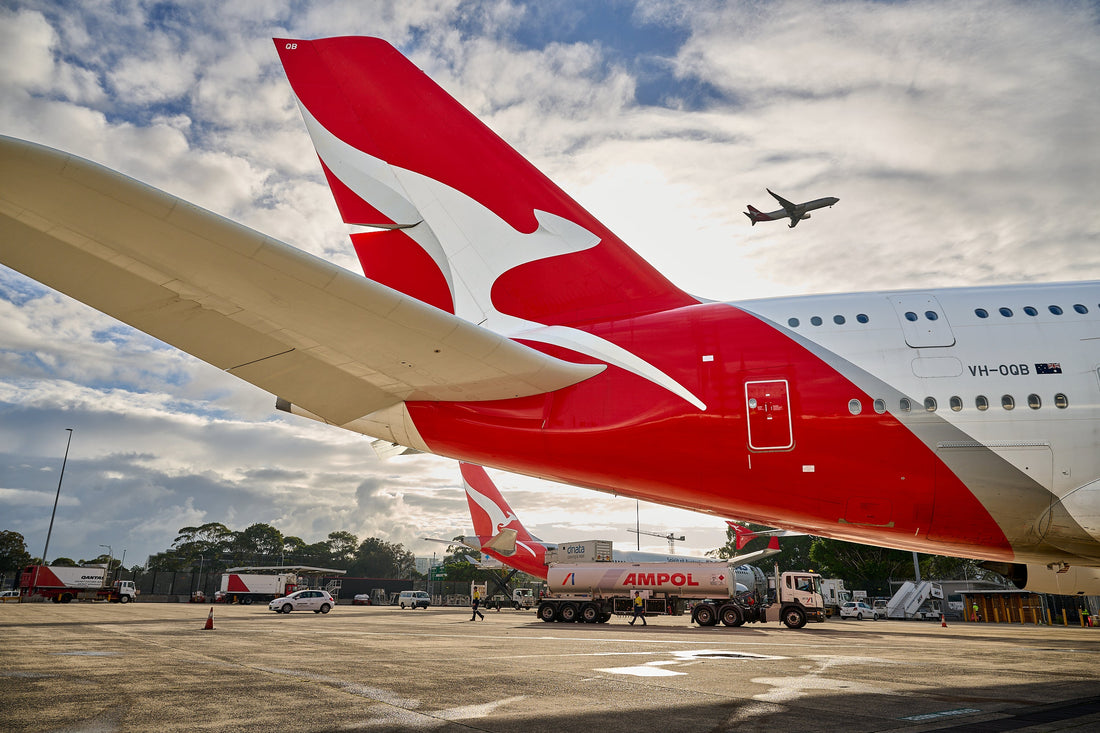
Qantas Partners to Import Sustainable Aviation Fuel
Share
Qantas, Sydney Airport, and fuel company Ampol, supported by Qantas’ SAF coalition partners, have marked the largest-ever commercial importation of sustainable aviation fuel (SAF) into Australia, with nearly two million litres of unblended SAF arriving this week. SAF has the greatest near-term potential to help decarbonise the aviation industry.
Ampol imported the fuel from Malaysia to its Kurnell facility on May 7, 2025. It is currently being blended with conventional aviation fuel before testing and certification so that it can be distributed into the Sydney airport supply chain. The fuel will then be used on flights departing from Sydney Airport over the coming weeks.
Once blended at a ratio of approximately 18%, the fuel could power the equivalent of 900 flights from Sydney to Auckland on Qantas and Jetstar’s B737 and A320 aircraft, reducing the resulting carbon emissions from those flights by a total estimated 3,400 tonnes. This is roughly equivalent to the annual emissions generated by 800 cars.
This import demonstrates the capability of Ampol and Sydney Airport’s existing infrastructure to handle SAF, as well as the growing momentum behind establishing the production of SAF and a viable industry in Australia, backed by the national carrier.
“The creation of a domestic sustainable aviation fuel industry is key to our efforts towards the decarbonisation of aviation, increasing Australia’s fuel security and creating thousands of new jobs across our economy,” said Qantas Group CEO Vanessa Hudson.
“We pick up 70% of our fuel in Australia so we’re looking forward to working closely with the government to chart the next course for SAF in Australia. The alignment of industry and government will be critical to establishing and scaling an industry here.”
Qantas established the SAF Coalition in 2023, which consists of 15 leading Australian and global companies. All support the use of SAF at scale to help reduce their air travel and freight emissions, further demonstrating the demand for SAF that exists across industries. Air travel and freight can make up a significant part of the Coalition partners’ emissions.
If established, domestic SAF production has the potential to contribute approximatelySAF AUD13 billion in GDP annually by 2040 while supporting nearly 13,000 jobs in the feedstock supply chain and creating 5,000 new jobs to construct and run the facilities.
